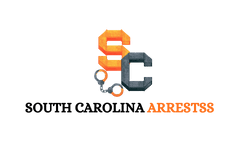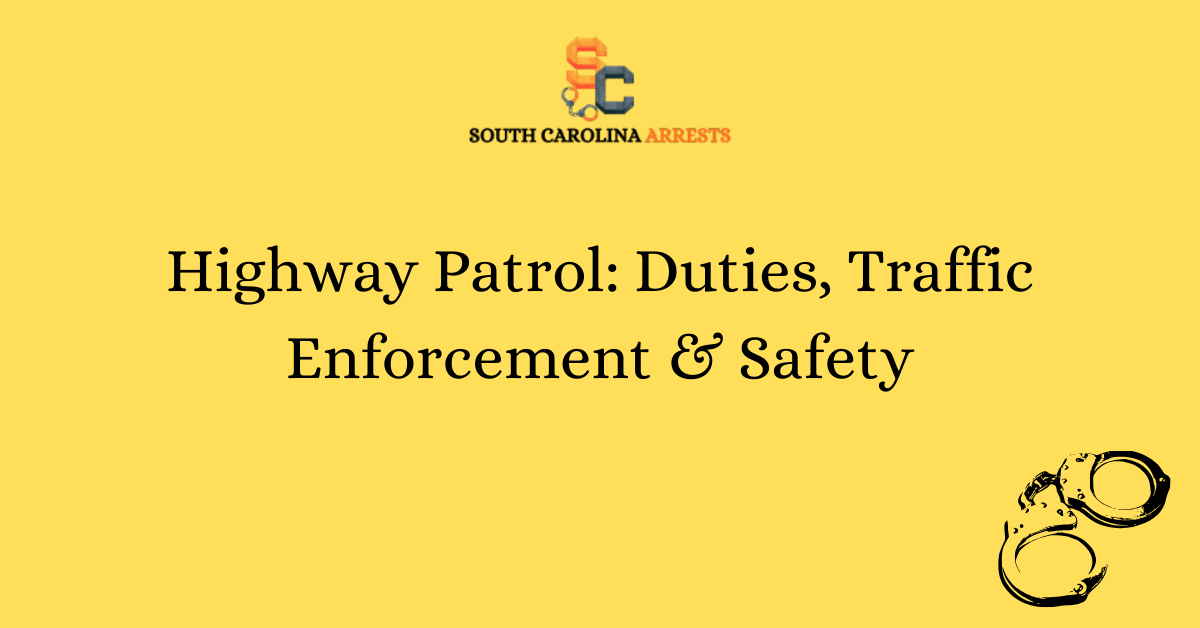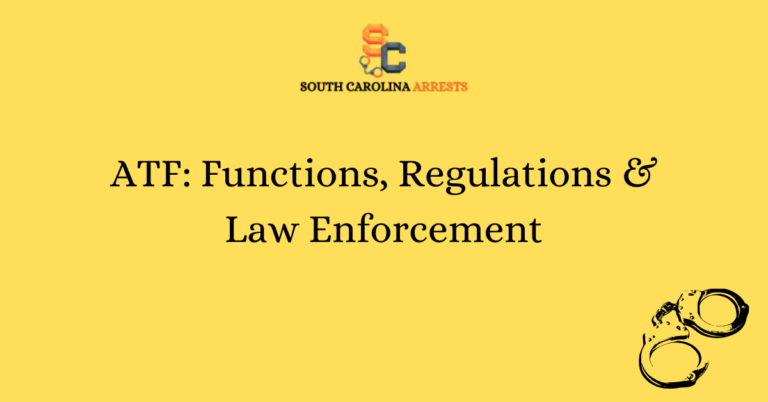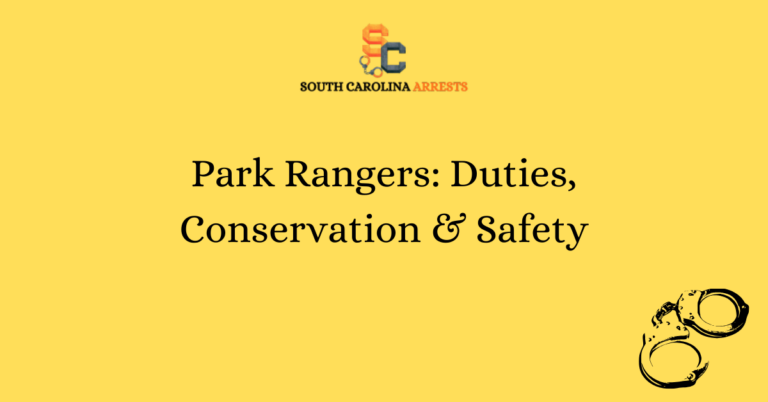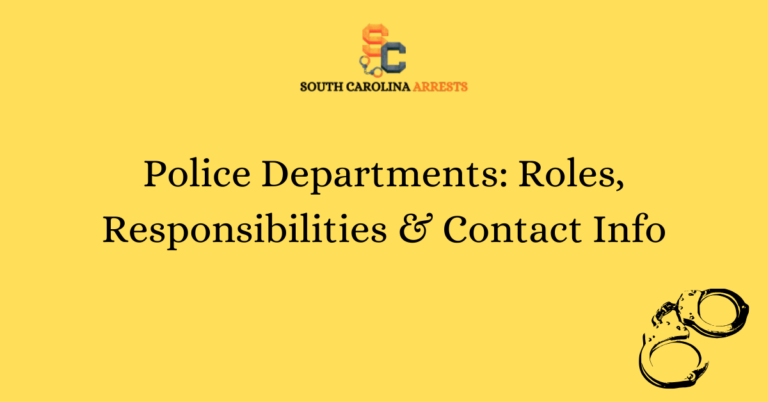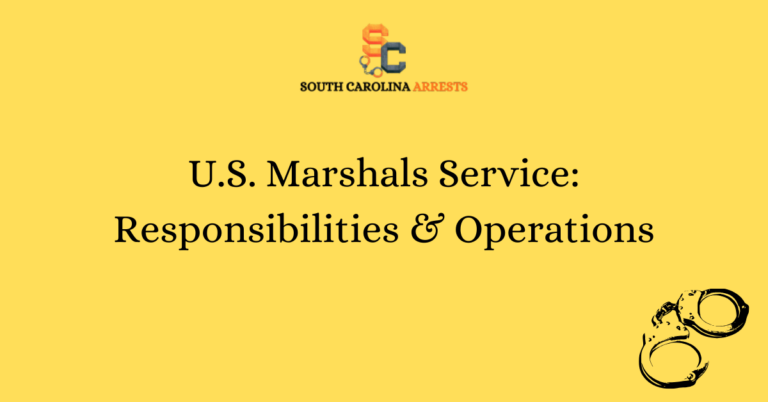Highway Patrol: Duties, Traffic Enforcement & Safety
Highway patrols play a crucial role in ensuring road safety and traffic enforcement. Their duties involve monitoring and regulating traffic flow, responding to emergencies, and enforcing traffic laws. These dedicated officers work tirelessly to maintain order on the roads and protect the well-being of all motorists.
Through proactive patrolling and quick responses to incidents, highway patrol officers help prevent accidents and reduce the risk of harm to drivers and passengers. Their presence on the roads serves as a deterrent to reckless driving and promotes a culture of safety and compliance with traffic regulations. Highway patrol teams are committed to upholding the law and keeping highways safe for everyone.
Duties of Highway Patrol Officers
Highway patrol officers play a crucial role in ensuring the safety and security of our roadways. One of their primary duties is monitoring traffic flow to prevent congestion and maintain a smooth driving experience for commuters. They are responsible for directing traffic during peak hours and special events to ensure the safety of drivers and pedestrians alike.
Another vital duty of highway patrol officers is responding to emergencies on the road. Whether it’s a car accident, a vehicle breakdown, or a medical emergency, these officers are trained to provide assistance quickly and efficiently. Their prompt response can make a significant difference in saving lives and preventing further accidents.
Enforcing traffic laws is also a key responsibility of highway patrol officers. They are tasked with ensuring that drivers comply with speed limits, seat belt regulations, and other traffic rules to promote safe driving practices. By issuing citations and warnings when necessary, these officers help deter reckless behavior on the road.
Importance of Highway Patrol Presence
The presence of highway patrol officers is crucial for accident prevention on our roadways. Their visibility serves as a deterrent to potential hazards and encourages drivers to adhere to traffic regulations. By proactively patrolling highways and interstates, these officers help reduce the risk of collisions and keep our roads safer for everyone.
Highway patrol officers also play a vital role in reducing risks for drivers and passengers. Through their vigilance and enforcement of traffic laws, they help minimize the chances of accidents and injuries on the road. Their presence creates a sense of security and reassurance for those traveling on highways, knowing that help is nearby in case of an emergency.
Furthermore, the presence of highway patrol officers acts as a deterrent to reckless driving behavior. Knowing that law enforcement is actively monitoring the roads encourages drivers to maintain safe speeds, avoid distractions, and follow traffic signals. This proactive approach helps prevent accidents and promotes a culture of responsible driving among motorists.
Commitment to Road Safety
Highway patrol officers demonstrate their commitment to road safety by upholding traffic regulations with diligence and integrity. Their unwavering dedication to enforcing laws and promoting safe driving practices helps create a culture of compliance among drivers. By holding individuals accountable for their actions on the road, these officers contribute to a safer driving environment for all.
Moreover, highway patrol officers play a key role in promoting a safety culture among motorists. Through public awareness campaigns, educational initiatives, and community outreach programs, they strive to educate the public about the importance of road safety. By fostering a sense of responsibility and accountability among drivers, these officers help prevent accidents and save lives.
Ensuring highway security is a top priority for highway patrol officers. By patrolling highways, conducting routine checks, and responding to incidents promptly, they help maintain a secure environment for commuters. Their presence serves as a deterrent to criminal activities and reinforces the notion that our roadways are safe and protected under their watchful eyes.
Frequently Asked Questions
Below are some common questions and detailed information related to Highway Patrol: Duties, Traffic Enforcement & Safety.
What are the main duties of Highway Patrol officers?
Highway Patrol officers are responsible for enforcing laws related to traffic safety on highways, investigating accidents, and assisting motorists in need. They also work to prevent crimes such as drug trafficking and human smuggling on highways.
How does Highway Patrol enforce traffic laws?
Highway Patrol officers enforce traffic laws by patrolling highways, using speed detection devices, conducting sobriety checkpoints, and issuing citations to drivers who violate traffic regulations. They also work to educate the public about safe driving practices.
What safety measures do Highway Patrol officers take on highways?
Highway Patrol officers take various safety measures on highways, including monitoring traffic flow, responding to emergencies such as accidents and vehicle breakdowns, and providing assistance to stranded motorists. They also work to clear debris from roadways to prevent accidents.
How does Highway Patrol contribute to overall public safety?
Highway Patrol plays a crucial role in maintaining public safety by enforcing traffic laws, responding to emergencies, and assisting in the investigation of crimes on highways. Their presence helps deter criminal activities and promote safe driving practices among motorists.
What training do Highway Patrol officers undergo?
Highway Patrol officers undergo rigorous training in areas such as defensive driving, firearms handling, crisis intervention, and accident investigation. They also receive specialized training in traffic enforcement techniques and laws related to highway safety.
